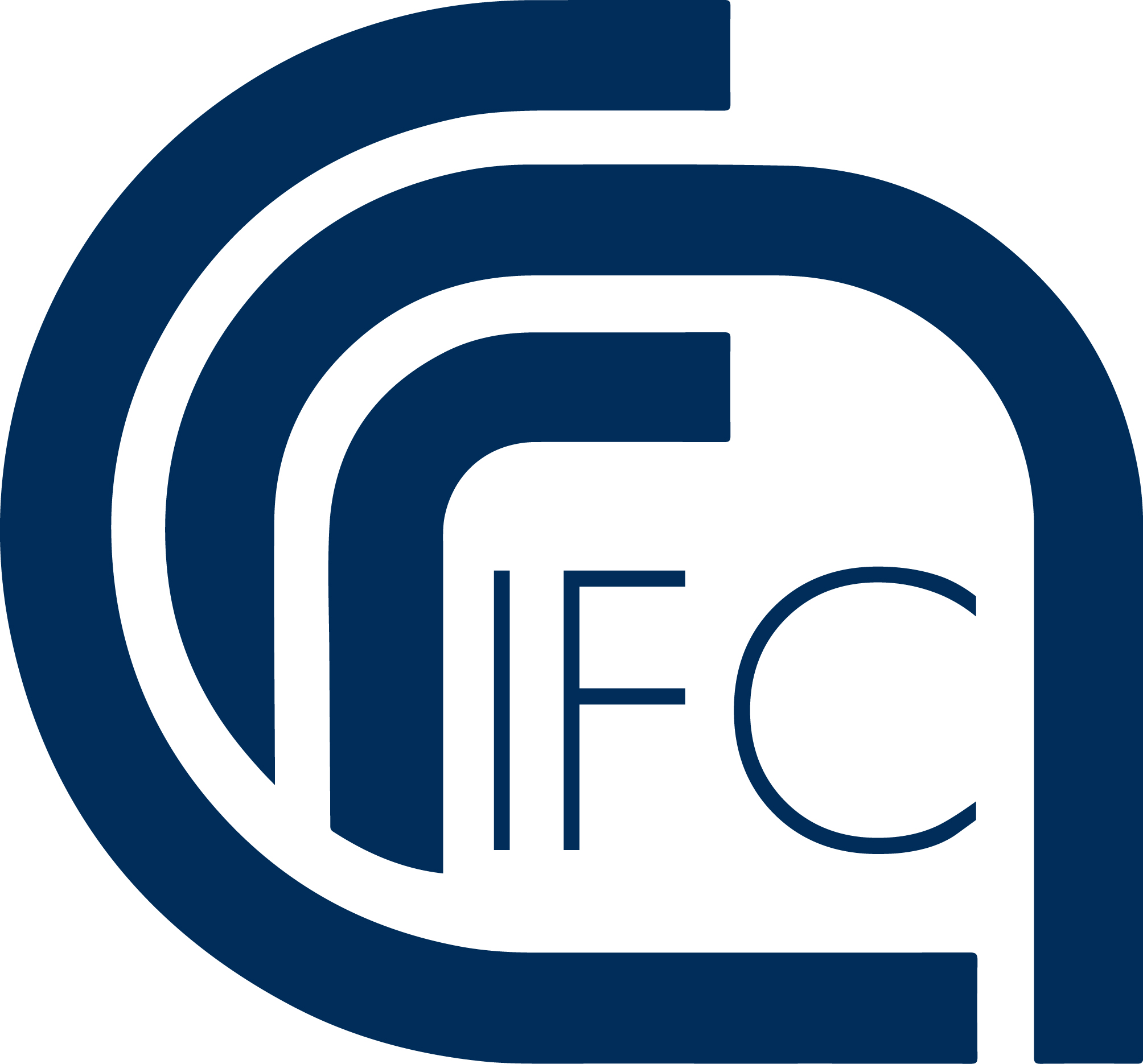Prof. Fabio Recchia
Director of the Institute of Clinical Physiology since June 1, 2022.
Fabio Recchia is a full professor of Physiology at the Scuola Superiore Sant'Anna in Pisa, currently on leave after taking on the role of director at CNR. His research activity is currently focused on two main areas:
- metabolic alterations of the heart with severe contractile insufficiency
- gene therapy for the infarcted heart.
Other areas of his interest include the neurovegetative control of the cardiovascular system and the development of artificial contractile materials for the surgical repair of the heart damaged by extensive scarring post-infarction. In the past, he studied the role of nitric oxide, a powerful biological modulator released by the endothelium, in coronary circulation and cardiac metabolism and, more recently, the action on the heart and other organs of circulating protein messengers called "cardiokines."
Fabio Recchia's thirty-year research experience, gained at three Italian and three American universities, primarily involves experimental models, from cell and tissue cultures to near-human organisms, as well as some pathophysiology studies conducted on patients with pulmonary or cardiac insufficiency. As a lab director, Fabio Recchia has been consistently supported, from 2000 to today, by funding obtained from the NIH in the USA and, after his full-time return to Italy in 2017, also by the European Commission and the Ministries of Health and Research. Indeed, he is considered one of the reference experts for pre-clinical cardiovascular studies and, throughout his career, has received the prestigious title of Established Investigator of the American Heart Association. The study of integrated physiological systems in phylogenetically superior organisms, which has characterized Fabio Recchia's research work over the years, serves as a bridge between basic and clinical research, and is thus in line with the mission of the Institute of Clinical Physiology.
He has published in all the most authoritative journals in the field of experimental cardiovascular research such as the American Journal of Physiology, Cardiovascular Research, Circulation, Circulation Research, Journal of the American College of Cardiology, Journal of Physiology, as well as in prestigious generalist journals such as Cell Metabolism, JCI-Insight, Nature, Physiological Reviews, and Proceedings of the National Academy of Sciences USA.
Of further note is his intense service activity for the scientific community, highlighted by significant roles. He has been an Associate Editor of the American Journal of Physiology-Heart for ten years and has served as a reviewer for the previously mentioned scientific journals and research projects submitted to the American Heart Association for many more years, up to the present. Particularly significant is his role as a research project reviewer within NIH committees, conducted continuously for over twenty years. This role, in addition to being highly visible and responsible (he has evaluated funding applications totaling hundreds of millions of dollars), offers the opportunity to work collegially with a select group of scientists of very high-caliber and gain a constantly updated view of the predominant research lines and those that seem destined to fade. Such experience becomes invaluable when applied to a research institute that aspires to a leadership role both nationally and internationally.



 IT
IT  中文
中文 

